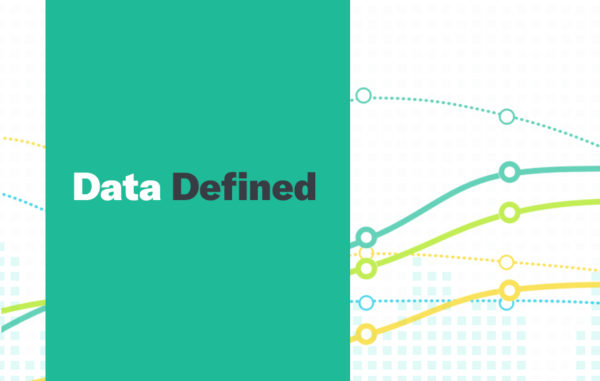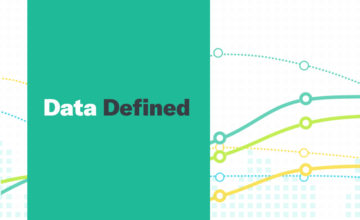Cookies Defined
Cookies are small text files stored on a computer’s browser directory or program data subfolders. Cookies have also been formally known as HTTP cookie, web cookie, Internet cookie or a browser cookie.
Cookies are created when a user, uses a browser to visit a website that uses cookies.
Cookies are used to keep track of users movements within a site, to remember a users registered login, to help users resume their site activity after leaving, to keep track of preferences, and other customization functions. By keeping track of this information it allows the server to deliver a page tailored to a particular user or carry information from one visit to the next.
Cookie files are automatically lodged into the memory of your browser and each one typically contains:
- The name of the server the cookie was sent from
- The lifetime of the cookie
- A value, as a randomly generated unique number
There are three types of cookies:
- Session Cookies – used only when a person is actively navigating a website
- Tracking Cookies – used to create long-term records of multiple visits to the same site
- Authentication Cookies – track whether a user is logged in, and if so, under what name.
Cookies are beneficial to a business’s website as it:
- Tells how a user found a website
- What pages and how many pages a user has viewed
- The number of times the site has been visited by the specific user
The gathering of this information allows businesses to understand their customers and implement strategies to improve their customers experience.
In Data Defined, we help make the complex world of data more accessible by explaining some of the most complex aspects of the field.
Click Here for more Data Defined.


